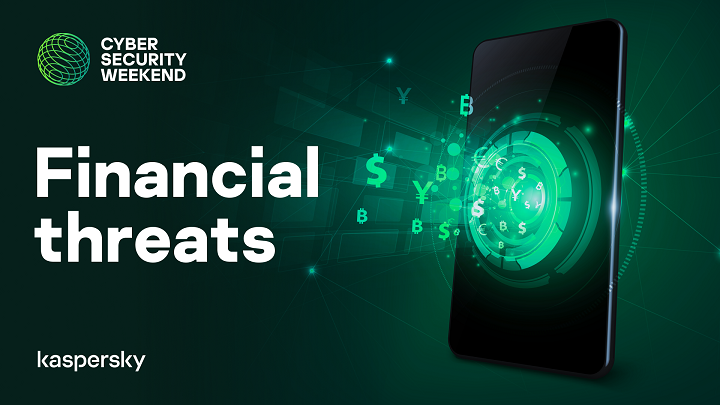
Electronic payments, one of the key pillars of the digital economy, has helped enhance the economic and social wellbeing of billions of people globally, especially during this pandemic time. Closer to home, the Asia Pacific (APAC) region is the largest contributor to global payments revenue, with analysts expecting the sector to exceed USD $1 trillion revenue by 2022 or 2023.
With the rapid proliferation and adoption of digital payments here, industry players in this dynamic ecosystem are clearly playing a high stakes game, expanding aggressively into multiple markets with creative marketing solutions in the hope that every single click would represent a small but significant step towards market domination.
To better understand the pulse of digital payment adopters from the region and this trend’s security implications, Kaspersky today holds a virtual media conference themed “Marking the money movement in APAC”.
The global cybersecurity company aims to explore the rising e-money adoption and to deep dive into the cyberthreats that come with it through topline presentations from Kaspersky’s elite researchers and an industry expert. The company’s executives will also join the session with journalists from the 12 countries in the region.
“The surging demand for digital payments has transformed the way we transact both online and offline. Businesses are now digitalizing their operations to capture additional revenue through digital payments, while consumers are heavily reliant on it due to the ease and convenience it offers. It is clear that the demand for quick, efficient and low-cost payment experiences will encourage further innovation in this space, and we are seeing that happening with the emergence of real-time payment rails,” comments Chris Connell, Managing Director for Asia Pacific at Kaspersky.
To zero in on the “New Generation of Financial Attacks”, one of Kaspersky’s elite researchers, Vitaly Kamluk, will also explain how targeted financial attacks look today, who is the main target and how big is the scale of the theft.
Kamluk, Director of Global Research & Analysis Team (GReAT) for APAC at Kaspersky, takes the audience back to the infamous Bangladesh Bank Heist attributed to an APT group named BlueNoroff —believed to be the financial subdivision of a larger Lazarus gang that conducts traditional cyberespionage.
He also expands on how this group has evolved since the headline-grabbing heist and now focuses on the rising value of cryptocurrency.
“Even years after the Bangladesh Bank Heist incident, SWIFT, commercial banks and the rest of financial industry were carefully tracking BlueNoroff compromises and money theft of less protected banks around the globe. Due to a lot of attention over long time, BlueNoroff became less and less successful in their operations, which also required a lot of additional efforts for money laundering and covering their traces. This is when they started turning their heads to cryptocurrency, which price has also skyrocketed,” says Kamluk.
About Kaspersky
Kaspersky is a global cybersecurity and digital privacy company founded in 1997. Kaspersky’s deep threat intelligence and security expertise is constantly transforming into innovative security solutions and services to protect businesses, critical infrastructure, governments and consumers around the globe. The company’s comprehensive security portfolio includes leading endpoint protection and a number of specialized security solutions and services to fight sophisticated and evolving digital threats. Over 400 million users are protected by Kaspersky technologies and we help 240,000 corporate clients protect what matters most to them.

